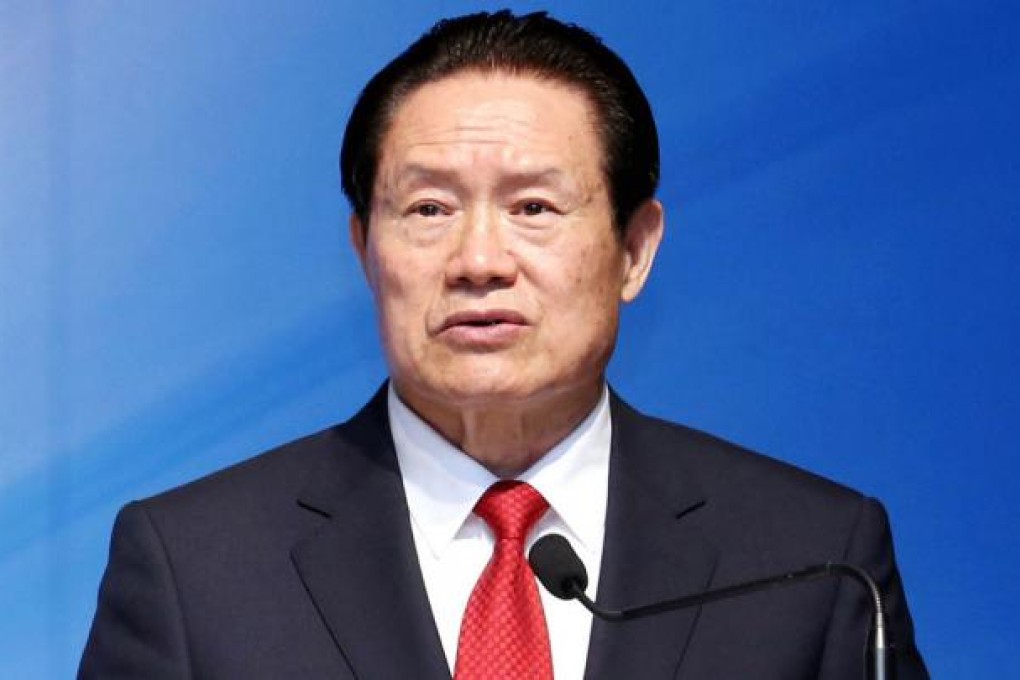Paper praising China's legal reforms 'is whitewash'
China's first white paper on legal progress claims system is improving but critics say it just aims to bolster exiting party chiefs

China released its first white paper on legal reform yesterday, touting accomplishments in improving the legal framework during the past five years, ahead of the key Communist Party congress next month.
But some legal experts said the accomplishments did not serve as convincing proof that the legal system was on the right track.
They said the paper merely made it appear that leaders had done a good job, before some of them stepped down in the leadership reshuffle.
"The paper does not lay out a concrete path directing the future of legal reform of China. It is an attempt to praise the current leaders," said Professor He Weifang, who teaches law at Peking University.
He added that, as the legal system still operated under the party central committee's Political and Legislative Affairs Committee, it lacked the apparatus to implement reforms.
Zhou Yongkang, who presides over the committee and is a member of the Politburo Standing Committee, was quoted by Xinhua as saying in August that the country's judicial system "must give priority to the party's cause, people's interests and the constitution and laws".
Officials have been scrambling in recent months to show that they are determined to establish a fair legal system.